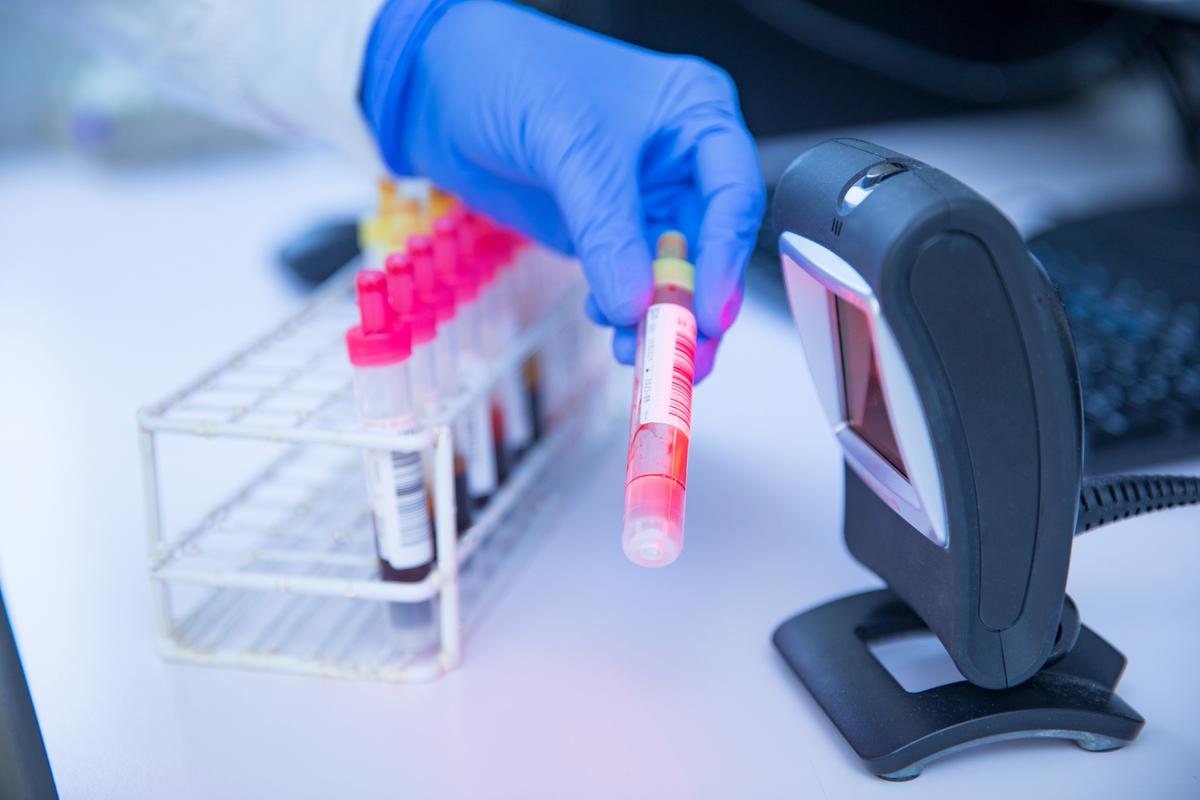The team was able to identify underlying regulators of the malfunction of the innate immune system in COVID-19 patients and confirm that certain already known genetic risk loci play a role in the development of COVID-19. The results have been published in the journal Cell Genomics. First authors on this publication are Dr Valerie Koeken together with Dr Bowen Zhang and Dr Zhenhua Zhang.
For this study, the team examined individual immune cells from the blood of COVID-19 patients using single-cell multiomics analysis. This technique can be used to simultaneously assess how cells are being regulated and how they are functioning. For this purpose, both the genetic material of the cells is examined and it is analysed if certain parts of the genome are ‘switched on’ (epigenetics) and if genes are being transcribed.
In a specific type of white blood cells (monocytes), which are overactivated in severe COVID-19, they were able to identify how altered accessibility to chromatin is regulating gene expression and which transcription factors are steering these dysfunctional monocytes. In addition, they were able to identify how a specific genetic variant is contributing to both a higher viral load and an increased risk of needing hospitalisation for COVID-19. This enabled them to identify one of the factors driving increased susceptibility of severe disease in certain individuals. "Overall, our study highlights the multiple genetic and epigenetic regulators that contribute to COVID-19," summarises Li.
Original publication
Bowen Zhang*, Zhenhua Zhang*, Valerie A.C.M. Koeken*, Saumya Kumar, Michelle Aillaud, Hsin-Chieh Tsay, Zhaoli Liu, Anke R.M. Kraft, Chai Fen Soon, Ivan Odak, Berislav Bošnjak, Anna Vlot, Deutsche COVID-19 OMICS Initiative (DeCOI), Morris A. Swertz, Uwe Ohler, Robert Geffers, Thomas Illig, Jochen Huehn, Antoine-Emmanuel Saliba, Leif Erik Sander, Reinhold Förster, Cheng-Jian Xu, Markus Cornberg, Leon N. Schulte, Yang Li. Altered and allele-specific open chromatin landscape reveals epigenetic and genetic regulators of innate immunity in COVID-19. Cell Genomics 2023. DOI: 10.1016/j.xgen.2022.100232
* contributed equally
To the press release on the website of the RESIST cluster of excellence
